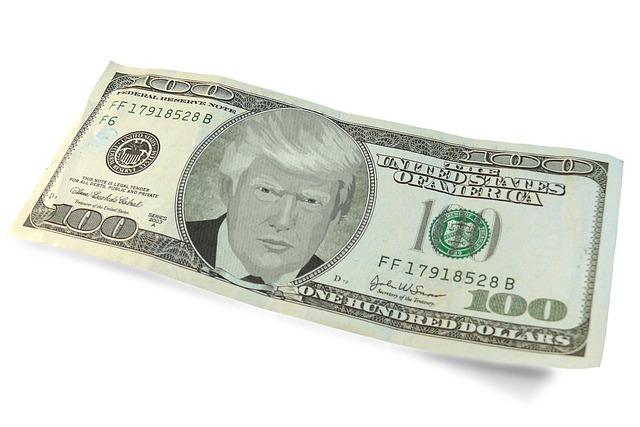Overview:
In the face of escalating climate change challenges, the influence of trade policies has surfaced as a crucial factor in fulfilling global climate commitments. The trade strategies adopted during Donald Trump’s presidency, marked by a protectionist stance and a retreat from international agreements, have not only transformed economic dynamics but also hindered worldwide efforts to address climate change. Critics contend that his administration’s focus on bolstering domestic industries favors immediate economic benefits over the long-term health of our planet. As nations strive to achieve their environmental targets, these trade policies raise essential questions about reconciling national priorities with global ecological responsibilities. This article delves into how Trump’s trade decisions may be obstructing international climate initiatives and what this signifies for future collaborative efforts against climate change.
Impact of Trade Policies on Global Climate Efforts
The trade measures enacted during Trump’s administration have considerably weakened global endeavors to tackle climate change. By placing greater emphasis on economic expansion and deregulation rather than environmental safeguards, his government facilitated an environment where industries could operate with fewer constraints. Key elements contributing to this trend include:
- Exit from Major Agreements: The withdrawal from the Paris Agreement clearly indicated that the U.S. was stepping back from its leadership role in global climate action.
- Support for Fossil Fuels: Initiatives favoring coal, oil, and gas production have not only escalated domestic emissions but also affected international markets dependent on U.S. energy exports.
- Deregulation of Environmental Protections: The rollback of vital regulations aimed at curbing emissions from power plants and vehicles has diminished accountability regarding pollution levels.
This strategy not only undermines U.S. attempts to meet emission reduction targets but also encourages other nations hesitant to adopt similar standards. As countries work towards aligning market practices with ambitious environmental goals, it becomes evident how these trade policies create significant repercussions.
| Nation | Status of Climate Commitment | Effects of U.S. Trade Policies |
|---|---|---|
| United States | Exited Paris Agreement | Rising emissions and increased fossil fuel dependency |
| Strong commitment towards emission reductions | Progress impeded by shifts in U.S market | |
| Uncertain commitment towards reductions | Economic strategies shaped by U.S deregulation |
Tariffs’ Effects on Clean Energy Sector and Global Collaboration
The introduction of tariffs on imported clean energy technologies has ignited considerable discussion regarding their long-term implications for both local industries and worldwide climate initiatives.Solar panels,wind turbines strong>,andbatteries for energy storage strong>-essential components for lowering carbon footprints-have experienced price hikes due to these tariffs, creating financial obstacles for companies looking to invest in sustainable projects . Consequently , many businesses are reevaluating their investment plans , which could result in stagnation within clean energy adoption . These elevated costs not only impede domestic advancements but also disrupt international supply chains , diminishing the competitiveness of American clean energy solutions globally .
Additionally , these trade measures havestrained diplomatic relations , limiting cooperative efforts crucial for addressing climate change . Nations previously engaged in joint clean energy projects might now withdraw due to rising expenses and skepticism regarding U.S commitments . This fragmented scenario poses substantial risks to global climatic agreements as countries struggle to synchronize their objectives amid an atmosphere characterized by economic protectionism . Potential consequences include :
- A decline in cross-border investments targeting renewable energy projects li >
- A drop-off in innovation stemming from reduced collaboration li >
- A weakening effect on international climatic accords due lack unified effort li >
< /ul >If there is no concerted approach taken toward overcoming these hurdles , then trajectories concerningclean-energy investments may diverge significantly away necessary climatic goals threatening progress achieved over past decade .
Aligning Economic Growth With Environmental Goals Through Strategic Approaches
The convergence between trading practices & ecological objectives presents both hurdles & opportunities within today’s shifting landscape.
AsFinal ThoughtsIn summary Donald Trump’s approach toward trades extends far beyond mere economics; it fundamentally challenges collective progress made internationally concerning combating climatic changes prioritizing protective measures withdrawing key agreements strained diplomatic ties undermined cooperation needed effectively tackle issues surrounding our planet’s health moving forward paths ahead appear laden obstacles necessitating renewed diplomacy collaboration across borders intersectionality between trades ecology remains critical arena navigate future leaders decisions made today resonate long into tomorrow urgency demands cohesive strategies aligning interests stewardship never been more pressing .









